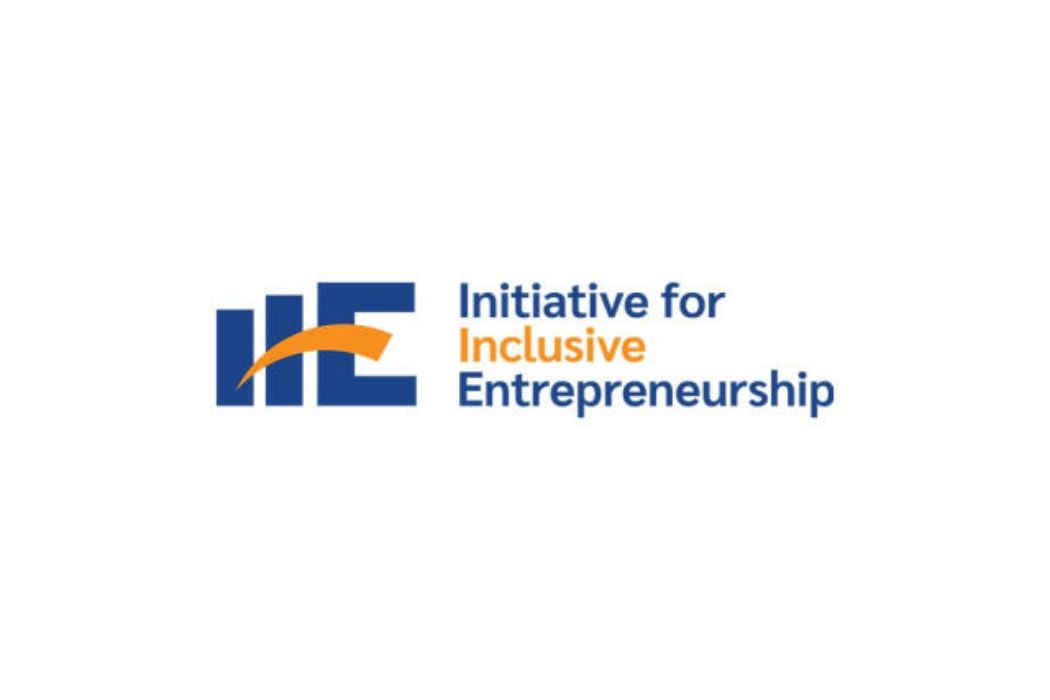
The Initiative for Inclusive Entrepreneurship (IIE) announced early results from its groundbreaking 18-month pilot, during which federal resources from Treasury’s State Small Business Credit Initiative (SSBCI) were leveraged to expand access to capital for historically underserved small business owners. In the past year, IIE has deployed over $10 million in funding to support capacity building and create opportunities for more inclusive program design and delivery. To date, IIE has secured over $177M in loans, loan matches, grants, and private capital for underserved small businesses and emerging fund managers. With the successful completion of the pilot, Hyphen announced that the Milken Institute will serve as IIE’s new home effective July 1, 2024.
Announced by Vice President Kamala Harris in 2022, IIE was incubated by Hyphen, a leading national public-private partnership accelerator. IIE has generated interest in SSBCI among states, Tribes, and a wide range of deployment partners; built their capacity to support underserved small businesses; and successfully demonstrated the power of public-philanthropic collaboration in strengthening the small business ecosystem.
During the pilot phase, Hyphen assembled a powerful coalition of partners: Founders First Capital Partners to address suppliers’ needs; JumpStart to promote SSBCI awareness and opportunities for diverse emerging fund managers in venture capital; Mission Driven Finance to develop partnerships and programs with Tribal Nations and Native financial intermediaries; Next Street to develop go-to-market strategies, support Main Street businesses, and build capacity for knowledge-sharing through IIE’s Knowledge Network; Aspen Institute’s Business Ownership Initiative and Scale Link to support the capacity of CDFI small business lenders; and Nowak Metro Finance Lab to create and run a community of practice for state SSBCI administrators.
These small-business experts worked together with states, Tribes, and a wide range of deployment partners to identify and address the barriers to access to capital and flexible lending products for entrepreneurs of color. Alongside support to enhance the flow of capital, IIE launched targeted investment vehicles, managed by Mission Driven Finance and JumpStart, to raise the private match capital required to leverage SSCBI dollars for diverse segments of the market.
Measures of IIE’s Impact
- Deployed over $10M in direct funding
- Secured over $177M in loans, loan matches, grants, and private capital
- Reached 3,172 small businesses to date
- Provided 2,067 hours of training and technical assistance to 836 staff
- Launched investment vehicles to address the need for match capital to underserved entrepreneurs, including theIndigenous Futures Fund in partnership with Mission Driven Finance
- Assisted with the launch of the California Small Business Loan Match, which has had5.8M impressionsin just two months.
“The Initiative for Inclusive Entrepreneurship was born out of a vision to break down barriers to capital for entrepreneurs of color and create a more inclusive economy. The success we’ve seen in the pilot phase underscores the importance of this initiative, and we are thrilled to see the Milken Institute take this groundbreaking work forward. Their expertise and convening power will be crucial in supercharging the future of IIE,” emphasizes Archana Sahgal, founder and president of Hyphen.
In partnership with an initial group of nine states and the Navajo Nation, the Initiative for Inclusive Entrepreneurship has played a pivotal role in bridging the gap between public and private funding and ensuring that capital reaches small, BIPOC-owned businesses that need it most. Now, the Milken Institute’s leadership will continue to drive IIE’s mission and groundbreaking work forward through its extensive experience and network. The focus will remain on increasing access to capital and resources for entrepreneurs of color, ensuring continued support and growth.
“The Milken Institute has a long history of promoting and embedding the value of diversity and inclusion throughout the business community,” says Michael Piwowar, executive vice president of Finance at the Milken Institute. “Talent is equally distributed, but opportunity is not, so our work will provide continued support for underserved entrepreneurs and small business owners, one of the most important issues we face today. This collaboration between government, philanthropy, and the private sector has been instrumental in the pilot’s success. We look forward to building on the foundation laid by Hyphen and the Biden-Harris Administration.”
With the programmatic successes achieved under its Inclusive Capitalism Program, including supporting convenings that have led to policy creation and economic developments, the Milken Institute is uniquely positioned to lead the next phase of IIE. Among the initiatives launched through the program are the Historically Black Colleges and Universities Strategic Initiative and Fellowship Program, issue-specific research, the establishment of a high-level Advisory Council, and a series of roundtable discussions focused on advancing diversity in asset management, with a particular focus on women and diverse-owned firms.
The Milken Institute also launched the 10,000 Communities Initiative to help thousands of underserved urban and rural communities across the U.S. access the funding, capacity, and talent needed to support critical community infrastructure projects. The initiative aims to expand innovative solutions to better support capital deployment in historically underserved communities.
Entrepreneurship is one of the best ways to build wealth in the U.S., yet many entrepreneurs of color cannot start or sustain businesses because the ecosystem was not designed with them in mind. With the Milken Institute leading this initiative alongside its partners, socially and economically disadvantaged individuals, entrepreneurs of color, and the communities IIE serve will have continued focused support.













